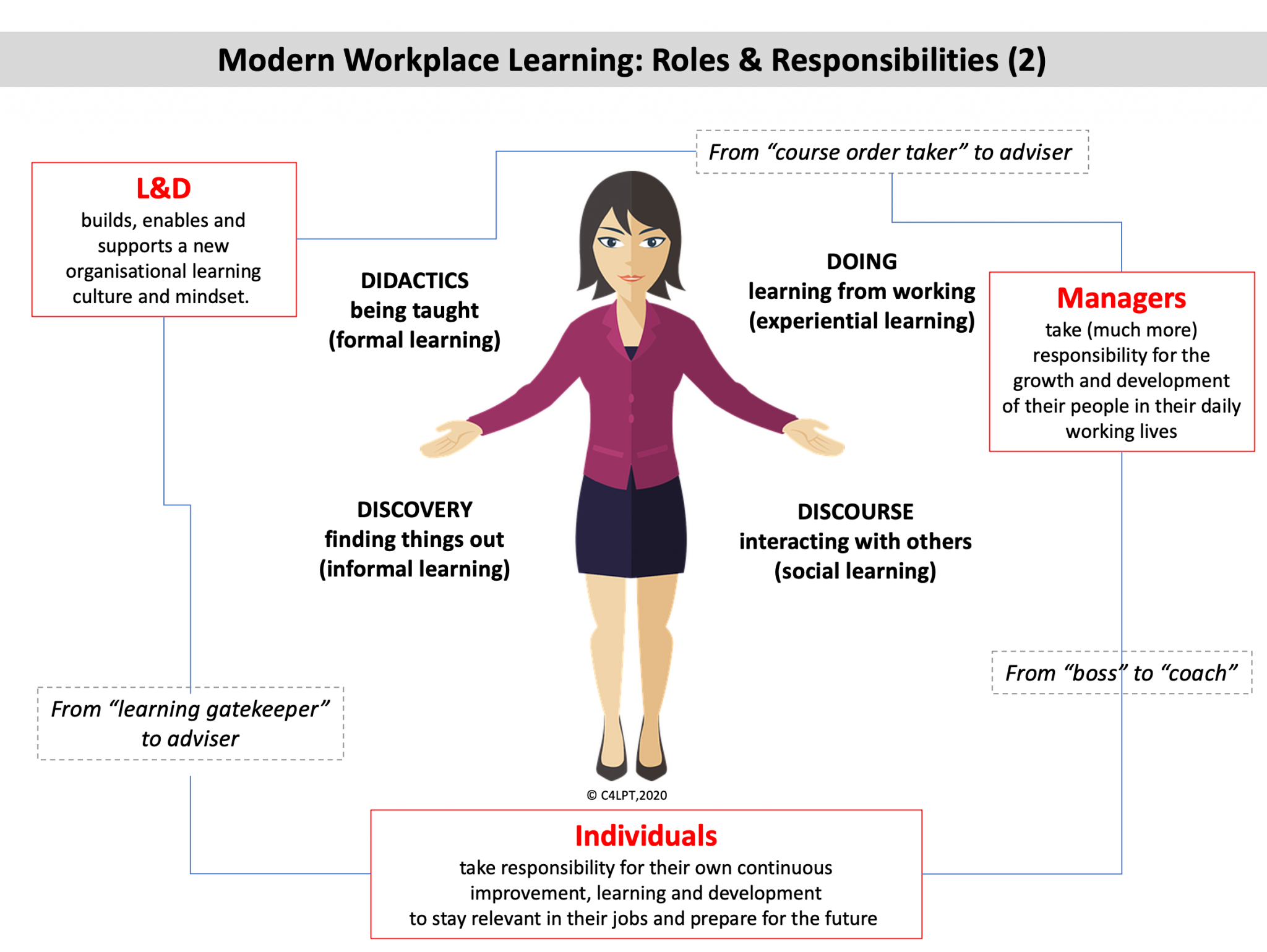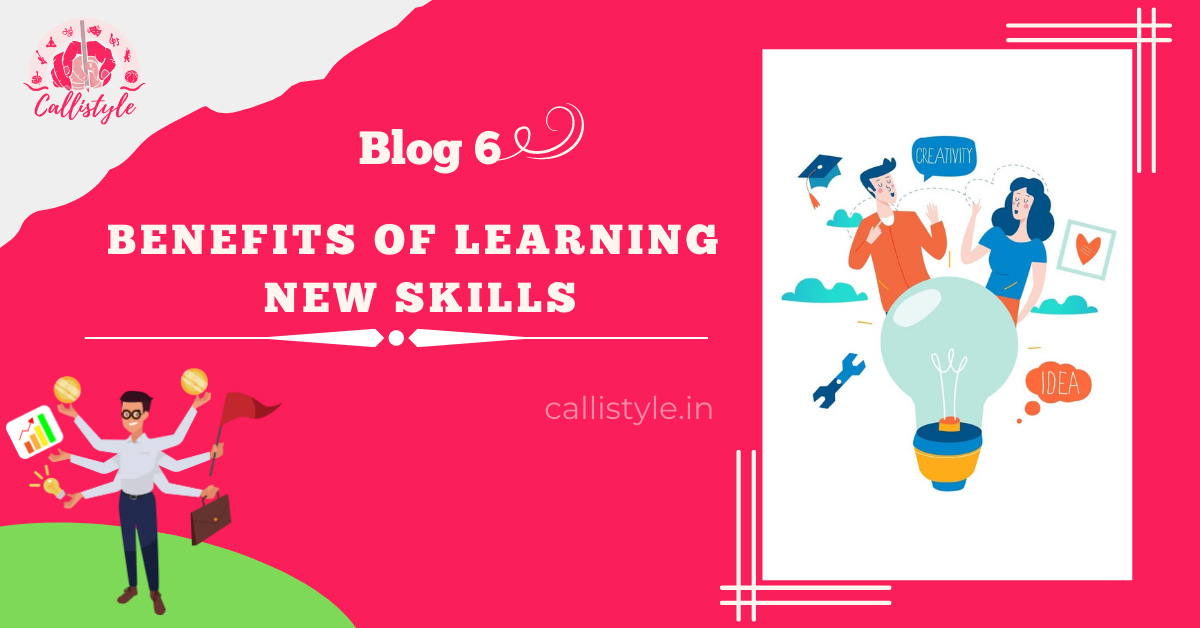Imagine this: You're standing at the edge of a vast ocean, staring at endless waves of knowledge, waiting to be explored. That's what researching and understanding her roles feels like. Whether it's learning a new skill or diving into the complexities of a character, the journey is as fascinating as it is challenging. But don't worry, we've got your back. In this article, we'll dive deep into the world of research, exploration, and self-discovery. So, buckle up and get ready for an adventure!
When you hear the phrase "learning a new skill," what comes to mind? Is it the excitement of mastering something new or the daunting realization that it takes time and effort? Well, today, we're not just talking about learning skills. We're diving into the intricate world of researching and understanding her roles. Think of it as a treasure hunt, where every role she plays is a clue waiting to be uncovered.
This isn't just about understanding her roles; it's about connecting the dots between her experiences, her growth, and her impact on the world around her. It's about recognizing that every role she takes on contributes to her identity, her journey, and her purpose. And hey, who wouldn't want to be a part of that?
Read also:Music Streaming Revolution How It Changed The Way We Listen To Music
Why Researching and Understanding Her Roles Matters
Okay, let's break it down. Researching and understanding her roles isn't just a hobby; it's a necessity. In a world where roles and responsibilities evolve faster than we can say "Netflix," understanding these dynamics is crucial. It's like trying to solve a puzzle without all the pieces—impossible, right? But when you have the right information, the picture becomes crystal clear.
Here's the deal: when you take the time to research and understand her roles, you're not just helping her; you're helping yourself. You're gaining insights into human behavior, communication, and the ever-changing landscape of personal and professional development. And honestly, isn't that what life's all about?
Let's not forget the ripple effect. When you understand her roles, you're contributing to a more empathetic and inclusive society. You're breaking down barriers, challenging stereotypes, and paving the way for meaningful connections. So, yeah, it's kind of a big deal.
Key Areas to Focus On When Researching Her Roles
Understanding the Basics
Before you dive headfirst into the deep end, it's essential to grasp the fundamentals. Start by asking yourself: What roles does she play in her life? Is she a mother, a career woman, a friend, or all of the above? These questions might seem simple, but they lay the foundation for deeper exploration.
Think about it: every role she plays has its own set of expectations, challenges, and rewards. By understanding these basics, you're setting yourself up for success. It's like building a house—you need a strong foundation to withstand the storms of life.
Exploring the Emotional Landscape
Emotions play a massive role in shaping her experiences. Whether it's the joy of mastering a new skill or the frustration of facing setbacks, emotions are the driving force behind her actions. So, how do you tap into this emotional landscape?
Read also:Unveiling The Magic Of Moments Capture Lifes Treasures
Start by observing her interactions, her reactions, and her expressions. Pay attention to the little things—the way she laughs, the way she handles stress, and the way she celebrates her victories. These nuances paint a vivid picture of her emotional world.
Delving Into the Practical Side
Now, let's talk about the practical aspects. When researching and understanding her roles, it's crucial to consider the skills and resources she needs to thrive. Is she learning a new language, mastering a musical instrument, or honing her leadership skills? These practical elements are the building blocks of her success.
And let's not forget the importance of support systems. Who are the people in her life that help her navigate her roles? Are they mentors, friends, or family members? Understanding these dynamics can provide valuable insights into her journey.
Common Challenges in Researching Her Roles
Let's face it: researching and understanding her roles isn't always a walk in the park. There are challenges, roadblocks, and moments of doubt. But hey, that's what makes the journey so rewarding. So, what are some common challenges you might encounter?
- Information Overload: With so much data available, it's easy to get overwhelmed. The key is to focus on quality over quantity. Look for reliable sources and filter out the noise.
- Miscommunication: Sometimes, what she says and what she means can be two different things. Pay attention to non-verbal cues and ask clarifying questions when needed.
- Resistance to Change: Change is hard, and some roles may be deeply ingrained in her identity. Be patient and offer support as she navigates these transitions.
Strategies for Effective Research
Utilizing Technology
In today's digital age, technology is your best friend. From online courses to virtual workshops, the tools available for researching and understanding her roles are endless. But remember, technology is just a tool. It's how you use it that matters.
Consider using apps for tracking progress, joining online communities for support, and accessing e-books for in-depth knowledge. The possibilities are endless, and the resources are at your fingertips.
Seeking Expert Advice
Don't be afraid to seek advice from experts in the field. Whether it's a career coach, a psychologist, or a mentor, these professionals can provide valuable insights into her roles and challenges. Think of them as your guidebooks in this journey of discovery.
And let's not forget the power of networking. Connect with people who have walked the path before her. Their experiences and advice can be invaluable in helping her navigate her roles.
Practicing Active Listening
One of the most effective strategies is also one of the simplest: active listening. When you truly listen to her, you open the door to understanding her roles on a deeper level. Pay attention to her words, her tone, and her body language. These cues can reveal more than she might even realize.
So, how do you practice active listening? Start by giving her your full attention. Put away distractions, ask meaningful questions, and validate her feelings. It's a simple yet powerful way to connect and understand.
The Role of Learning New Skills
Why Learning Matters
Learning a new skill isn't just about acquiring knowledge; it's about growth. It's about pushing boundaries, expanding horizons, and discovering new possibilities. When she learns a new skill, she's not just adding a line to her resume; she's transforming herself.
And let's not forget the confidence boost that comes with mastering something new. Whether it's coding, cooking, or climbing, each new skill adds a layer of empowerment to her life. It's like leveling up in a video game—except in real life.
Choosing the Right Skills
Not all skills are created equal. When researching and understanding her roles, it's important to consider which skills will have the most impact. Start by identifying her goals, her interests, and her strengths. From there, you can narrow down the options and focus on skills that align with her vision.
And hey, don't forget to have fun with it. Learning should be enjoyable, not a chore. Whether it's through workshops, online courses, or hands-on experience, there are countless ways to make learning a joyful experience.
Data and Statistics: The Numbers Don't Lie
According to a recent study by the National Institute of Mental Health, individuals who engage in lifelong learning report higher levels of satisfaction and fulfillment. That's right—learning isn't just good for your brain; it's good for your soul.
And let's talk about the workforce. Data from the World Economic Forum suggests that by 2025, over 50% of all employees will require reskilling. This means that learning new skills isn't just a personal choice; it's a necessity for staying competitive in the job market.
So, what does this mean for her roles? It means that investing in learning is investing in her future. Whether it's through formal education or self-directed learning, the benefits are undeniable.
Building a Supportive Environment
The Power of Community
No one succeeds in isolation. Building a supportive community is crucial for researching and understanding her roles. Surround her with people who uplift, inspire, and challenge her. These relationships can provide the encouragement she needs to thrive.
Consider joining groups, attending events, and participating in activities that align with her interests. These experiences can help her connect with like-minded individuals and expand her network.
Encouraging Self-Reflection
Self-reflection is a powerful tool for growth. Encourage her to take time to reflect on her roles, her achievements, and her aspirations. Journaling, meditation, and mindfulness practices can help her gain clarity and focus.
And don't forget the power of feedback. Constructive criticism can be a catalyst for growth. Encourage her to seek feedback from trusted sources and use it as a tool for improvement.
Conclusion: Taking Action
So, there you have it—a comprehensive guide to researching and understanding her roles. From the basics to the nuances, we've covered it all. But remember, this journey doesn't end here. It's a continuous process of discovery, growth, and transformation.
Here's what you can do next: take action! Whether it's starting a conversation, exploring new skills, or building a supportive community, every step counts. Share this article with someone who might benefit from it, leave a comment with your thoughts, and keep the conversation going.
And hey, don't forget to celebrate the wins along the way. Every role she plays, every skill she learns, and every challenge she overcomes is a testament to her strength and resilience. So, let's cheer her on and support her in this incredible journey of life.
Table of Contents
- Unpacking the Depths of Researching and Understanding Her Roles
- Why Researching and Understanding Her Roles Matters
- Key Areas to Focus On When Researching Her Roles
- Common Challenges in Researching Her Roles
- Strategies for Effective Research
- The Role of Learning New Skills
- Data and Statistics: The Numbers Don't Lie
- Building a Supportive Environment
- Conclusion: Taking Action


